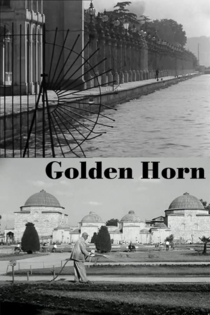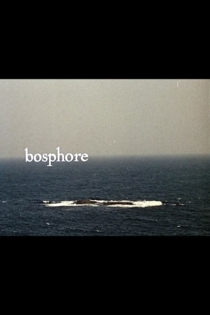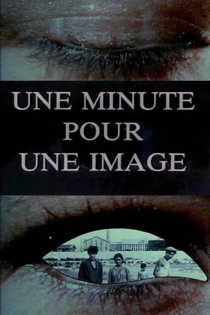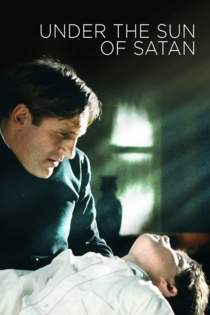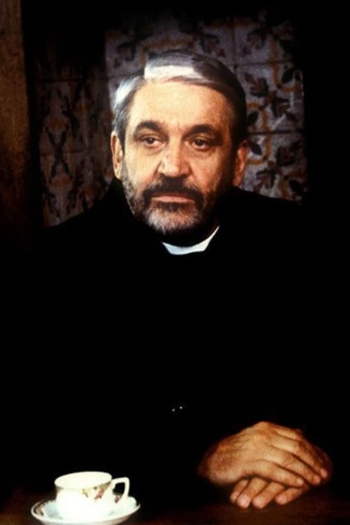
Maurice Pialat
1925 - 2003This Man Must Die
Claude Chabrol
Michel Duchaussoy, Caroline Cellier
When his young son is killed in a hit and run accident, Charles Thenier resolves to hunt down and murder the killer. By chance, Thenier makes the acquaintance of an actress, Helène Lanson, who was in the car at the time of the accident. He then meets Helène’s brother-in-law, Paul Decourt, a truly horrible individual.
This Man Must Die
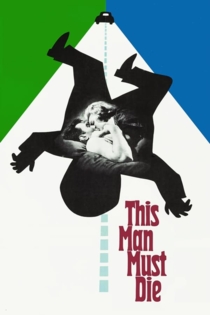
Naked Childhood
Maurice Pialat
Michel Terrazon, Raoul Billerey
Handed over to foster care by his mother—who's unwilling to give up permanent custody—the now-adolescent François understands that nothing in life is permanent, and his increasingly erratic actions reflect this knowledge.
Naked Childhood
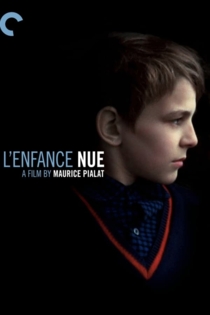
The Mouth Agape
Maurice Pialat
Nathalie Baye, Hubert Deschamps
Monique is dying of cancer, lying in bed in the apartment above the store her family owns. Her philandering husband carries on with life, her son remains aloof, and her daughter-in-law wonders if she is witnessing her own decline. They all struggle to express, or feel, their love for one another.
The Mouth Agape
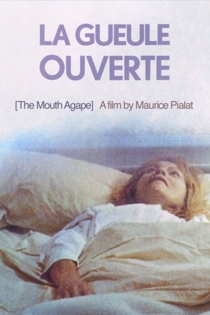
Maître Galip
Maurice Pialat
André Reybaz
Maître Galip is the most poetic and powerful of Pialat's Turkish Chronicles, using the poems of Nazim Hikmet to accompany a series of evocative images of ordinary working class people in Istanbul. This was the film that Pialat himself claimed was the most complete realization of what he was aiming for with his Turkish documentaries. It's not difficult to see why this was his favorite: here he abandons the historical commentary and documentary observation of the other shorts in favor of an emotional emphasis on the lives of the poor and the unemployed.A short doc by Maurice Pialat.
Maître Galip
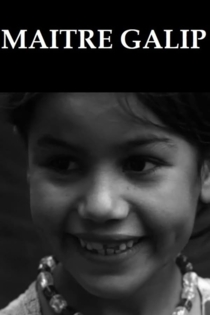
We Won't Grow Old Together
Maurice Pialat
Marlène Jobert, Jean Yanne
Jean, a married 40-year-old filmmaker, and his young working class lover, Catherine, engage in a circular series of spectacular blow-ups and tentative reunions, their mutual desire a fire that burns them again and again.
We Won't Grow Old Together
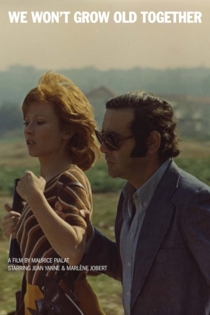
Van Gogh
Maurice Pialat
Jacques Dutronc, Alexandra London
In late spring, 1890, Vincent moves to Auvers-sur-Oise, near Paris, under the care of Dr. Gachet, living in a humble inn. Fewer than 70 days later, Vincent dies from a self-inflicted gunshot wound. We see Vincent at work, painting landscapes and portraits. His brother Theo, wife Johanna, and their baby visit Auvers. Vincent is playful and charming, engaging the attentions of Gachet's daughter Marguerite (who's half Vincent's age), a young maid at the inn, Cathy a Parisian prostitute, and Johanna. Shortly before his death, Vincent visits Paris, quarrels with Theo, disparages his own art and accomplishments, dances at a brothel, and is warm then cold toward Marguerite.
Van Gogh
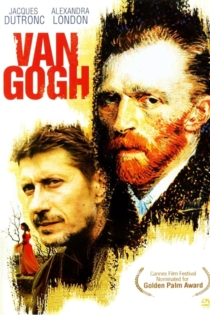
My Little Loves
Jean Eustache
Ingrid Caven, Henri Martinez
A study of minor events in the adolescence of a boy growing up in small towns. Daniel lives with his grandmother and, after a year of high school, goes to live with his mother in the south of France; a harsher environment which rapidly changes his perception of friends, work, and women.
My Little Loves
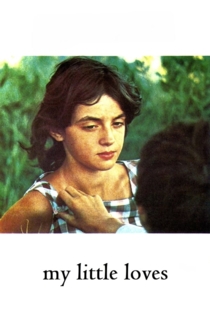
À Nos Amours
Maurice Pialat
Sandrine Bonnaire, Maurice Pialat
Fifteen-year-old Suzanne seeks refuge from a disintegrating family in a series of impulsive, promiscuous affairs. Her fulsome sexuality further ratchets up the suppressed passions of her narcissistic brother, insecure mother and brooding, authoritarian father.
A Nos Amours
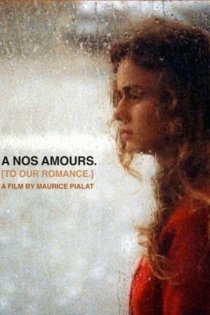
Pehlivan
Maurice Pialat
Jacques Gripel
Pehlivan focuses on a three-day wrestling competition, an ancient tradition that dates back over a thousand years to the time of the Ottoman Empire, originating in the games the soldiers would play to entertain themselves in between battles. Maybe that's why there's more than a hint of homoeroticism in the way the wrestlers oil themselves up with grease, making sure to cover every inch of their bodies so that their opponents will be unable to get a grip. Pialat's closeups emphasize the men's muscular bodies jammed together and sliding off one another, posed in intimate, twisted arrangements, struggling desperately for a grip on each other's bodies. Arms are jammed down pants, one of the only places there's some potential for a handhold, and the whole thing is very suggestive and sensual, a form of intimate male contact that's sanctioned as a show of strength and masculinity.
Pehlivan
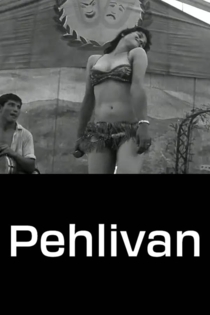
Graduate First
Maurice Pialat
Sabine Haudepin, Philippe Marlaud
A slice of life of a group of young working class friends in a Northern French village coming to the end of their school years and embarking upon adult life. The film follows the choices and decisions made for their futures.
Graduate First

Istanbul
Maurice Pialat
Pierre Asso
All of Pialat's Turkish films are uniquely interested in the country — especially Istanbul — as it was, not just as it is at the precise moment that Pialat is filming it. History informs these films in a big way, with the voiceover narration (which incorporates excerpts from various authors) introducing tension between the images of the modern-day city and the descriptions of incidents from its long and rich history. Istanbul is probably the most conventional documentary of Pialat's Turkish series, providing a general profile of the titular city, its different neighborhoods, and the different cultures and ways of living that coexist within its sprawling borders. As the other films in the series also suggest, Pialat sees Turkey, and Istanbul in particular, as a junction point between Europe and the East, between the old and the new, between history and modernity.
Istanbul
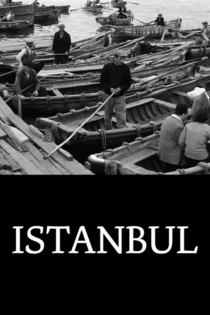
La corne d'or
Maurice Pialat
André Reybaz
La Corne d'or is mostly concerned with religious ritual, examining the mosque (and former cathedral) discussed in Byzance. As a contrast against Istanbul's status as a center of historical religious conflict, Pialat — drawing here on texts by the French poet Gérard de Nerval — also describes the city as a place of strange ethnic and religious harmony, with representatives of various cultures and religions living in close contact. He emphasizes the city's hybrid culture, its blend of Southern European and Arab influences, reflected in both its people and its very construction.
Golden Horn
